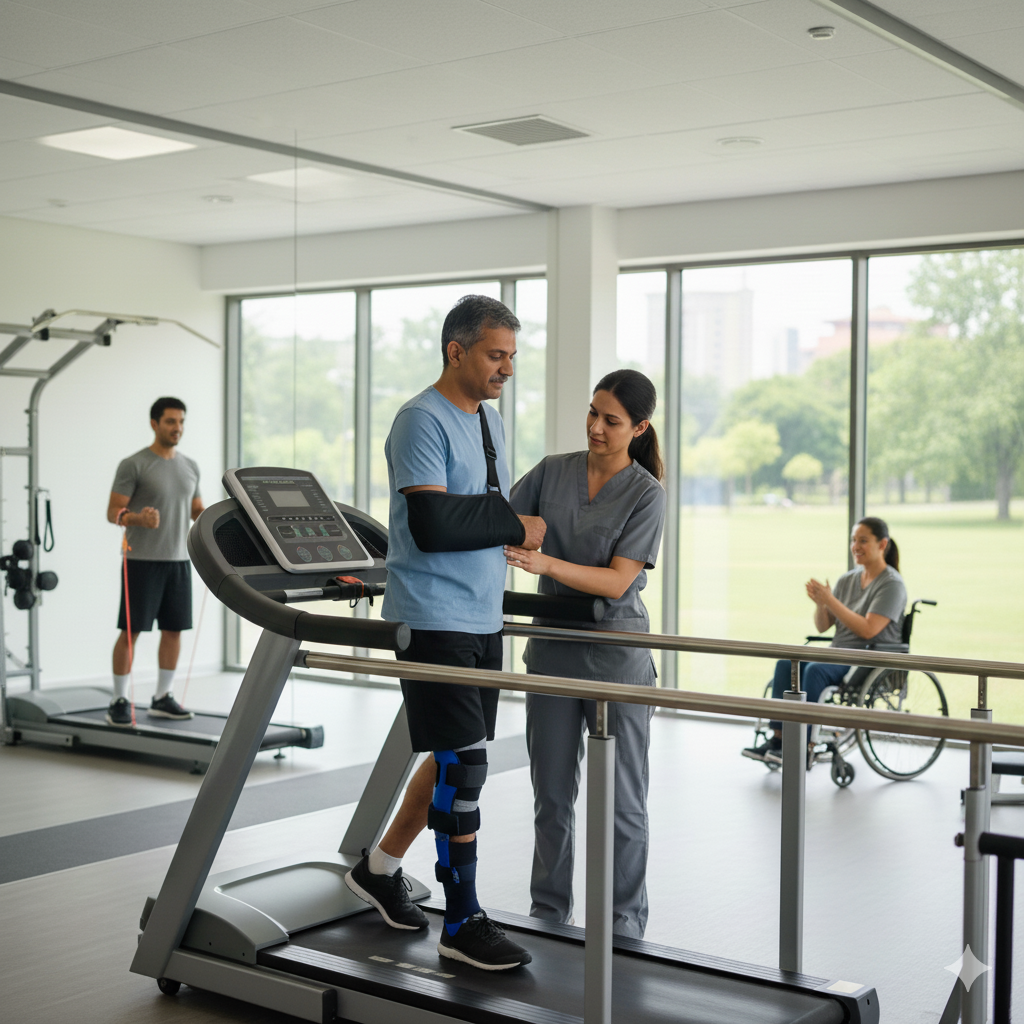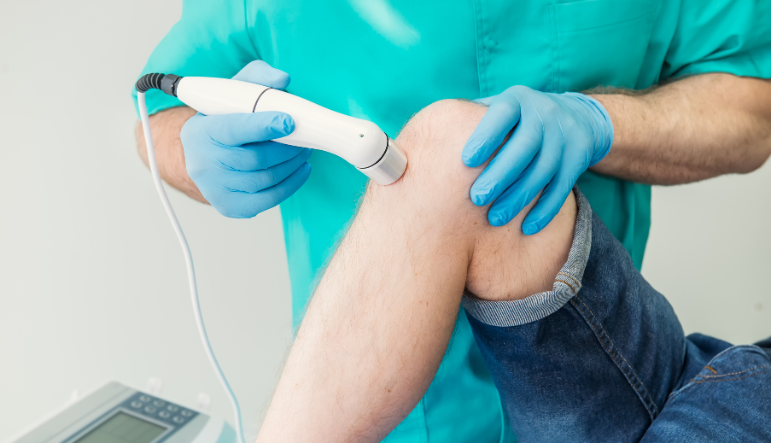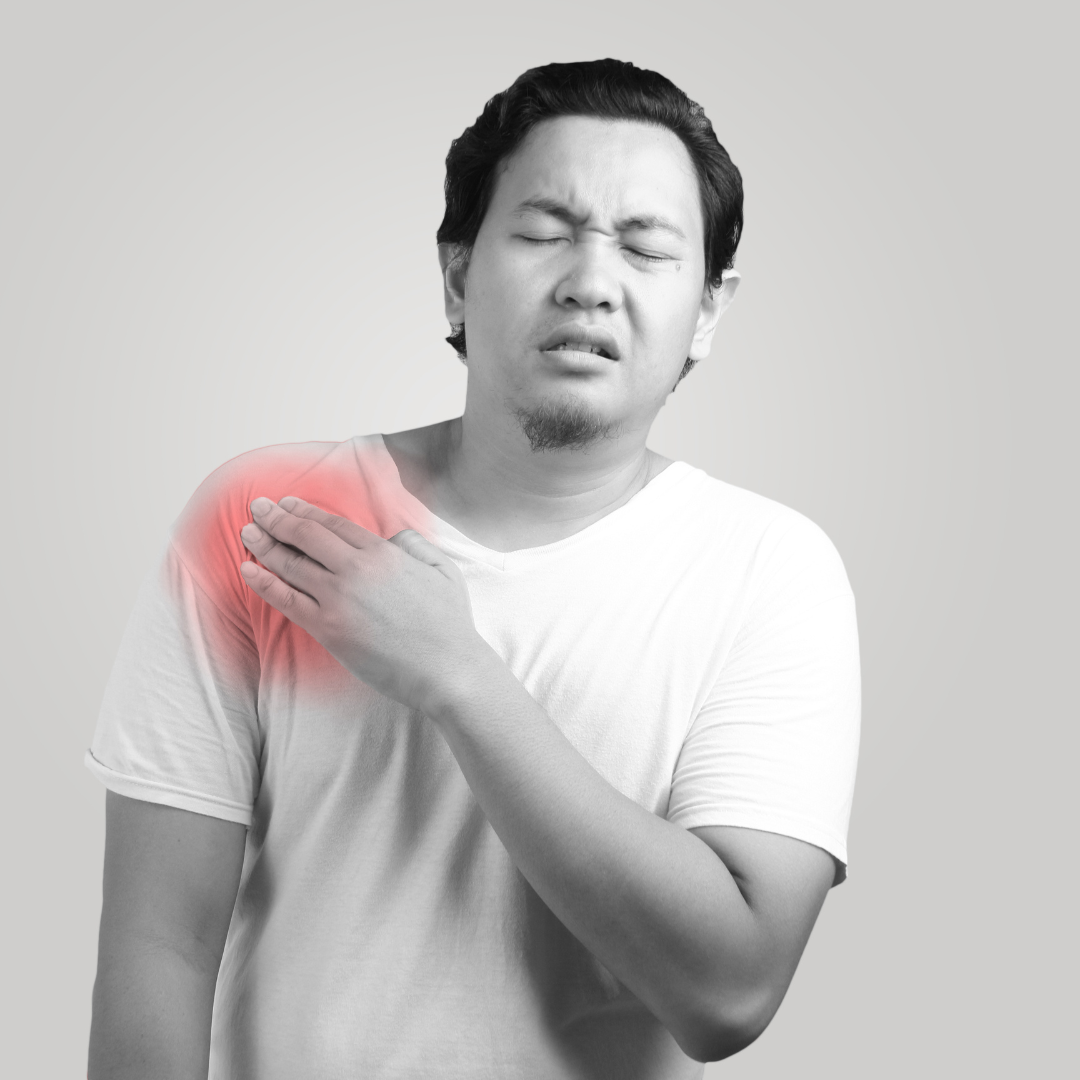Improved range of motion and decreased discomfort and swelling are two advantages of class 4 laser therapy. However, a class 4 laser also has some extremely intriguing side effects that are less apparent to humans. In addition to speeding up soft tissue and bone healing, a class 4 laser improves tissue regeneration. In addition to enhancing nerve regeneration and function, this type of laser therapy can influence your cells to boost angiogenesis (the formation of new blood vessels), collagen synthesis, enzyme reactions, and cell metabolism. Yes, you do feel better following class 4 laser therapy, but the benefits to your musculoskeletal health don’t stop there. The therapy keeps working at the cellular level even after you leave the office.









